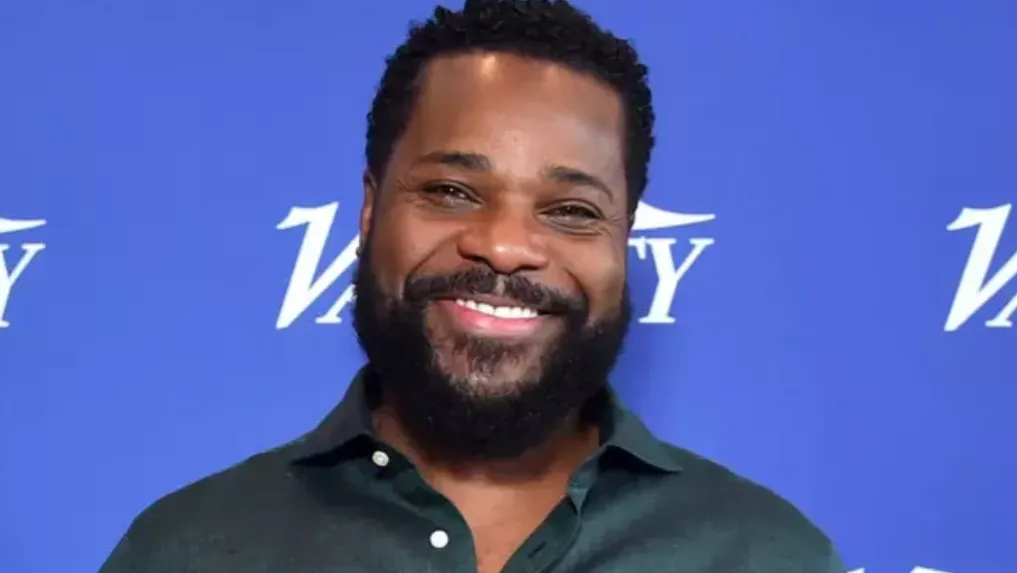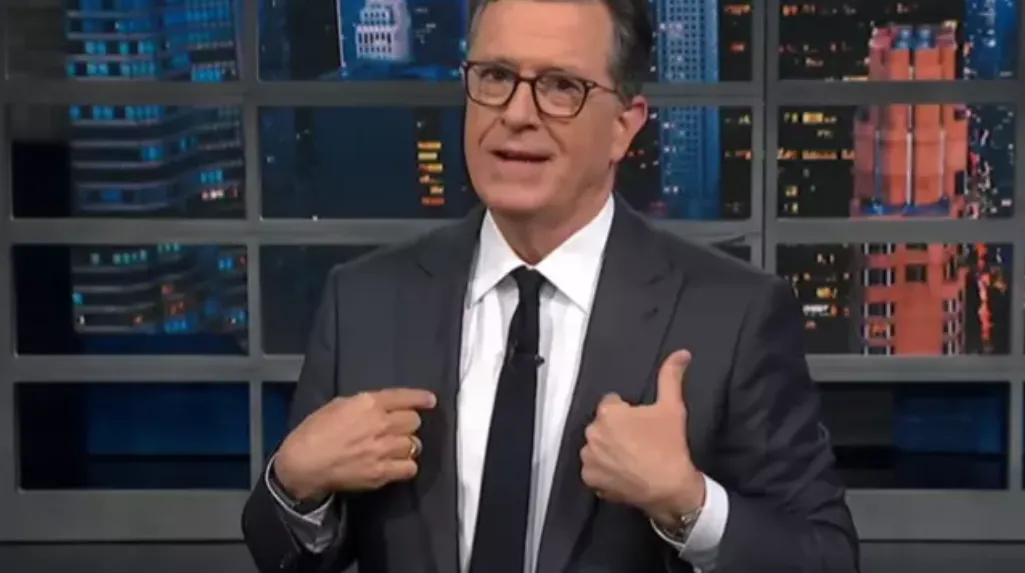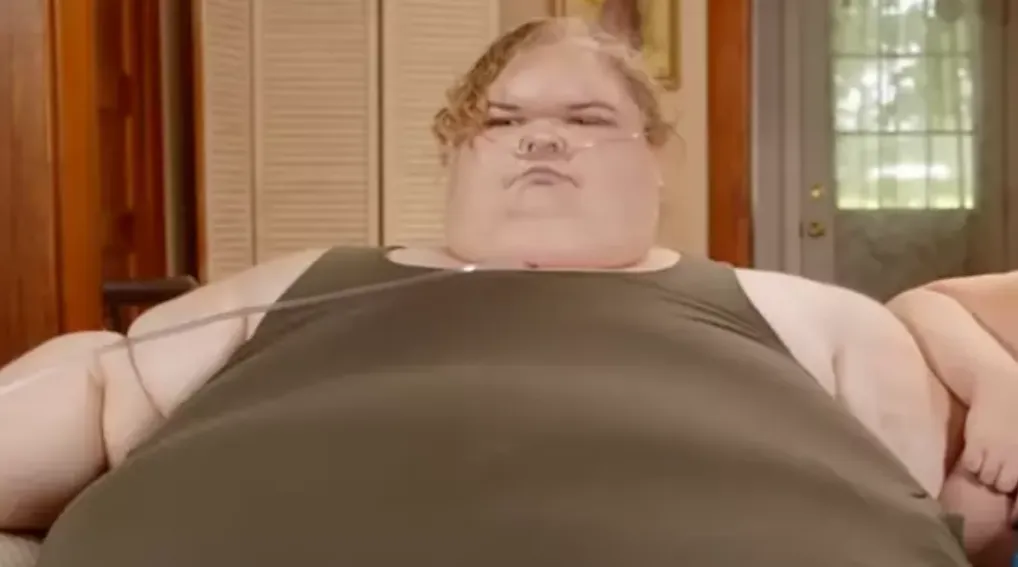Hiker Who Was Lost For 24 Hours Ignored Calls From Rescuers Because It Was An Unknown Number
A hiker who was lost for 24 hours ignored calls from rescuers because they came from an unknown number.
Many of us don’t like picking up phone calls if we don’t know who is ringing.
But for one backpacker, the phobia of answering calls from an unknown number went a little too far…
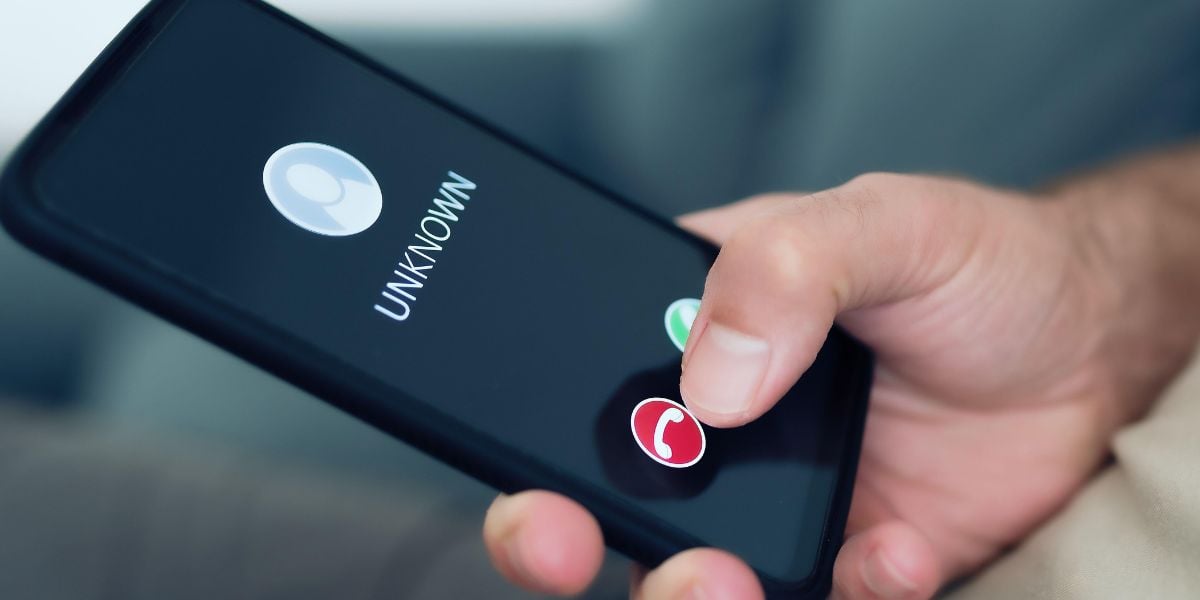
The hiker, whose name has not been released, was stranded on Colorado’s Mount Elbert.
Lake County Search and Rescue (LCSR) officials released a statement of their search efforts for the anonymous backpacker.
The man had begun his journey at 9 a.m., and the alarm was raised that evening when he didn’t return home.
His absence was especially worrying as he wasn’t answering his phone.
The hiker was reported missing at 8 p.m. and rescuers were deeply concerned about his fate.
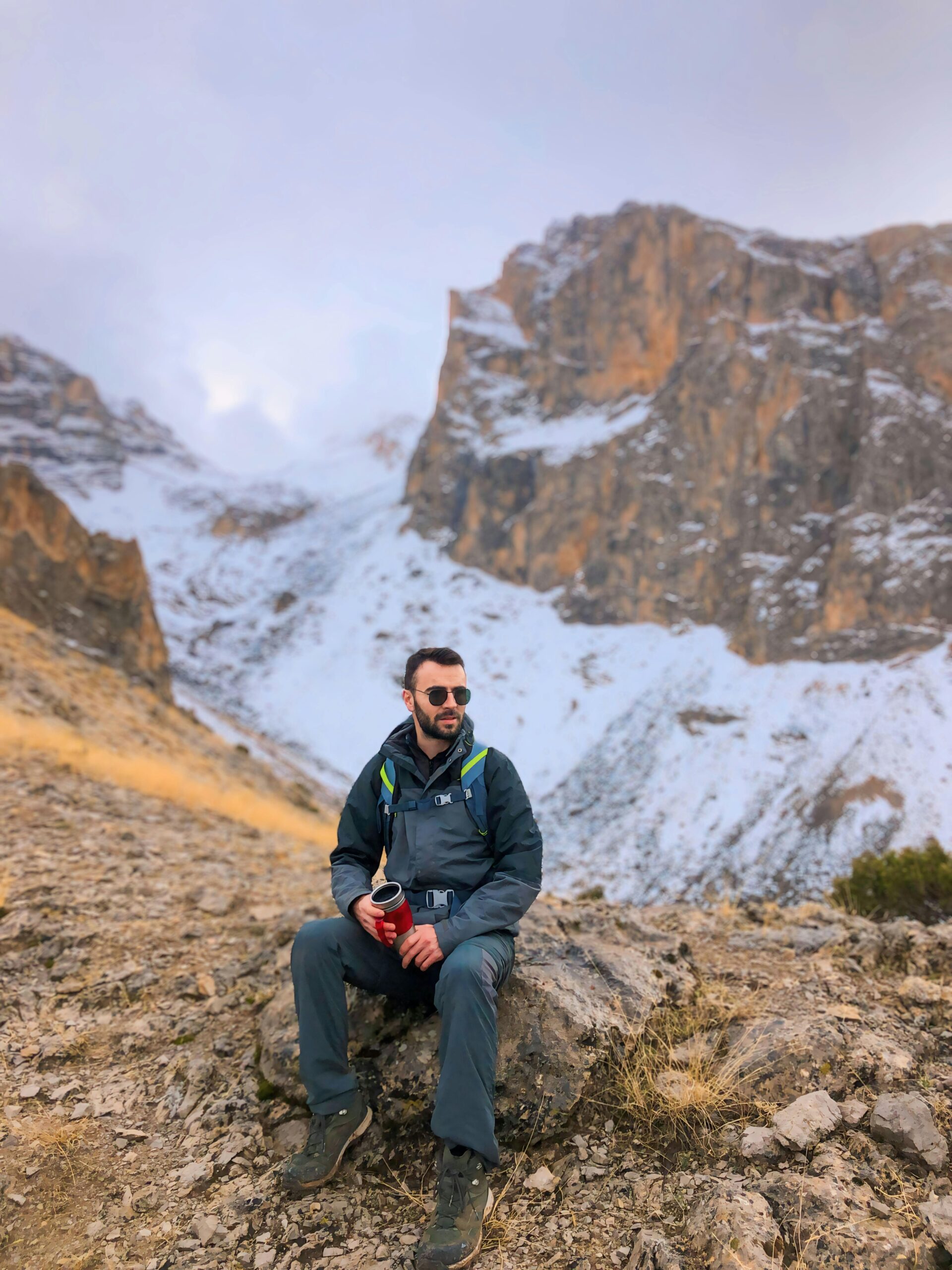
Eventually, the man was located and he explained to rescuers that he had accidentally diverged from the main path, and had spent the night trying to get back on track.
He reached his car in the morning, approximately 24 hours after starting his hike – oblivious that a search and rescue team had been looking for him.
A statement from LCSR reads: “One notable takeaway is that the subject ignored repeated phone calls from us because they didn’t recognize the number.
“If you’re overdue according to your itinerary, and you start getting repeated calls from an unknown number, please answer the phone; it may be a SAR team trying to confirm you’re safe!”
The team adds: “Please remember that what seems like common sense in hindsight is not obvious to a subject at the moment when they are lost and panicking.
“In Colorado, most folks who spend time outdoors have a good understanding of the SAR infrastructure that is there to help them, but this is not the case nationwide. Please keep your comments respectful.”

People are reacting on Facebook after hearing the hiker’s story.
One person says: “Every now and then it’s good to answer an unknown caller.”
Another Facebook user jokes: “It just goes to show you how bad the spam calls are getting.”
Sympathetically, a third comments: “Have any of you ever been lost? The survival brain takes over and unless you have practiced STOP – stop, think, observe, and plan, it’s really hard to do.”

Even with careful planning, hiking can be dangerous.
Fortunately, Mountain Warehouse has some helpful advice for backpackers in case they get lost.
The website warns: “Do not panic. That is the worst thing you can do and will likely cause things to get worse.”
Instead, you should stop and rest, think about your route and landmarks, observe your surroundings and resources, and plan your next steps carefully.
Use your phone if there’s coverage, blow a whistle for help, and make yourself visible with bright items.
If staying overnight, find shelter, stay warm, and create signals for rescuers.
Dad with deadly brain cancer that kills in a year is cancer free after taking new drug
A breakthrough drug is fighting brain cancer head-on.
Glioblastoma is widely considered the deadliest form of brain cancer, killing over 10,000 Americans each year. There is no cure for the highly aggressive disease — many patients survive just nine months after diagnosis.

Ben Trotman was diagnosed with glioblastoma in October 2022 at 40.
Treatment focuses on managing symptoms and extending life via surgery to remove as much of the tumor as possible and radiation therapy and chemotherapy to destroy cancer cells.
Now, researchers from University College London Hospitals are recruiting glioblastoma patients for a trial of the immunotherapy drug ipilimumab. Sold under the brand name Yervoy, the monoclonal antibody stimulates the immune system to recognize and attack cancer cells.
Oncologists are optimistic since a UK father shows no signs of having a tumor after he took ipilimumab before his glioblastoma treatment.
Ben Trotman was diagnosed with glioblastoma in October 2022 at 40.
“The crucial element of this trial is that patients will have their immune system boosted by the drug before they have any other treatment, when they are fit and well enough to tolerate the immunotherapy,” said Dr. Paul Mulholland, the consultant medical oncologist leading the trial.
“We saw with Ben, the one patient recruited to the immunotherapy study, NeAT-GLIO, that he has had clear scans since having the treatment and the tumor hasn’t returned more than two and a half years later.”

Glioblastoma is widely considered the deadliest form of brain cancer, killing over 10,000 Americans each year.
Trotman met with Mulholland, who enrolled him in a clinical trial for ipilimumab. He was the first patient in the world — and the only person in the trial — to take the drug before glioblastoma treatment.
“Getting this diagnosis was the most traumatic experience,” said Trotman’s wife, Emily.
“We were grappling with the fact that Ben had gone from being apparently perfectly healthy to having months to live.”
After taking the drug, Ben underwent radiotherapy and chemotherapy.
Two years and eight months later, his scans are clear.
“It is very unusual to have a clear scan with glioblastoma, especially when he didn’t have the follow-up surgery that had been planned to remove all of the tumor that was initially visible on scans,” Mulholland said.

Ben and Emily Trotman wed in 2023, after he began his immunotherapy treatment.
“We hope that the immunotherapy and follow-up treatment Ben has had will hold his tumor at bay,” he added, “and it has so far, which we are delighted to see.”
In January 2023, months after his diagnosis, Ben married Emily. The couple welcomed a daughter, Mabel, earlier this year.
They enjoy taking her for walks along with their rescue dog, Jerry.
“We are trying to live as normal a life as possible,” Emily said.
“We are in a unique position of which there is no precedent and which comes with a great deal of uncertainty,” she continued. “We want to live each day as if it were our last, but we also want to plan for the future, which we hope to have.”
Researchers plan to recruit 16 glioblastoma patients like Ben over 18 months.
After taking ipilimumab, the trial participants will undergo radiotherapy and chemotherapy and perhaps surgery depending on the extent of their disease.

Dr. Paul Mulholland and Dame Siobhain McDonagh, who raised funds for the new clinical trial of ipilimumab.
The trial is being funded by Dame Siobhain McDonagh, a member of the British Parliament, whose sister died of glioblastoma in 2023.
“My beloved sister Margaret was appalled to discover that there had been no advances in brain cancer treatment for decades when she was diagnosed with glioblastoma,” McDonagh said. “Changing this was Margaret’s final campaign and one that I have continued in her memory.”
Treatment will take place at the NIHR UCLH’s Clinical Research Facility at the National Hospital for Neurology and Neurosurgery.
“I am delighted that this new trial, with the same immunotherapy drug I received, is going ahead and others will have the opportunity to take part,” Ben said. “It will give people newly diagnosed with glioblastoma some hope.”


